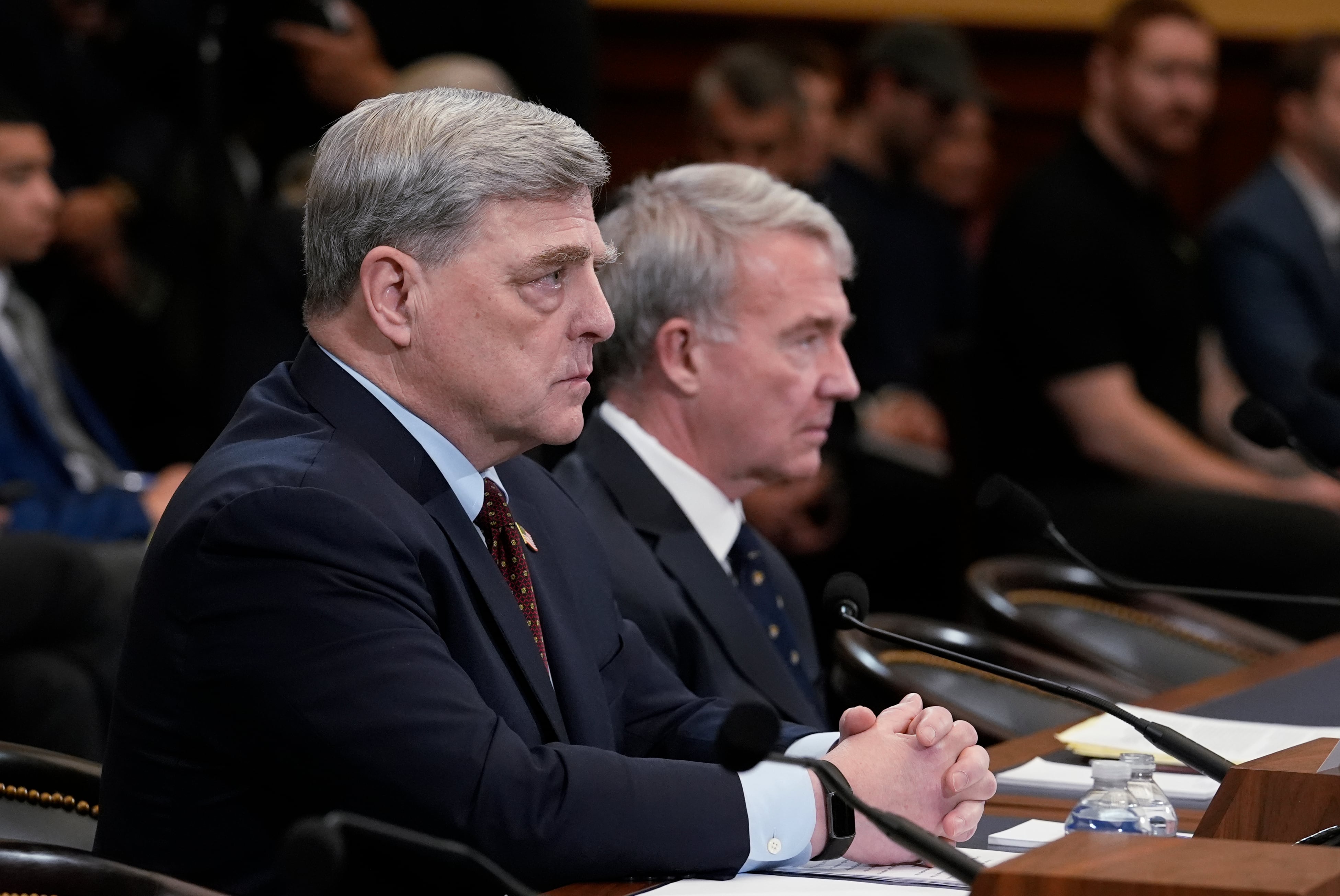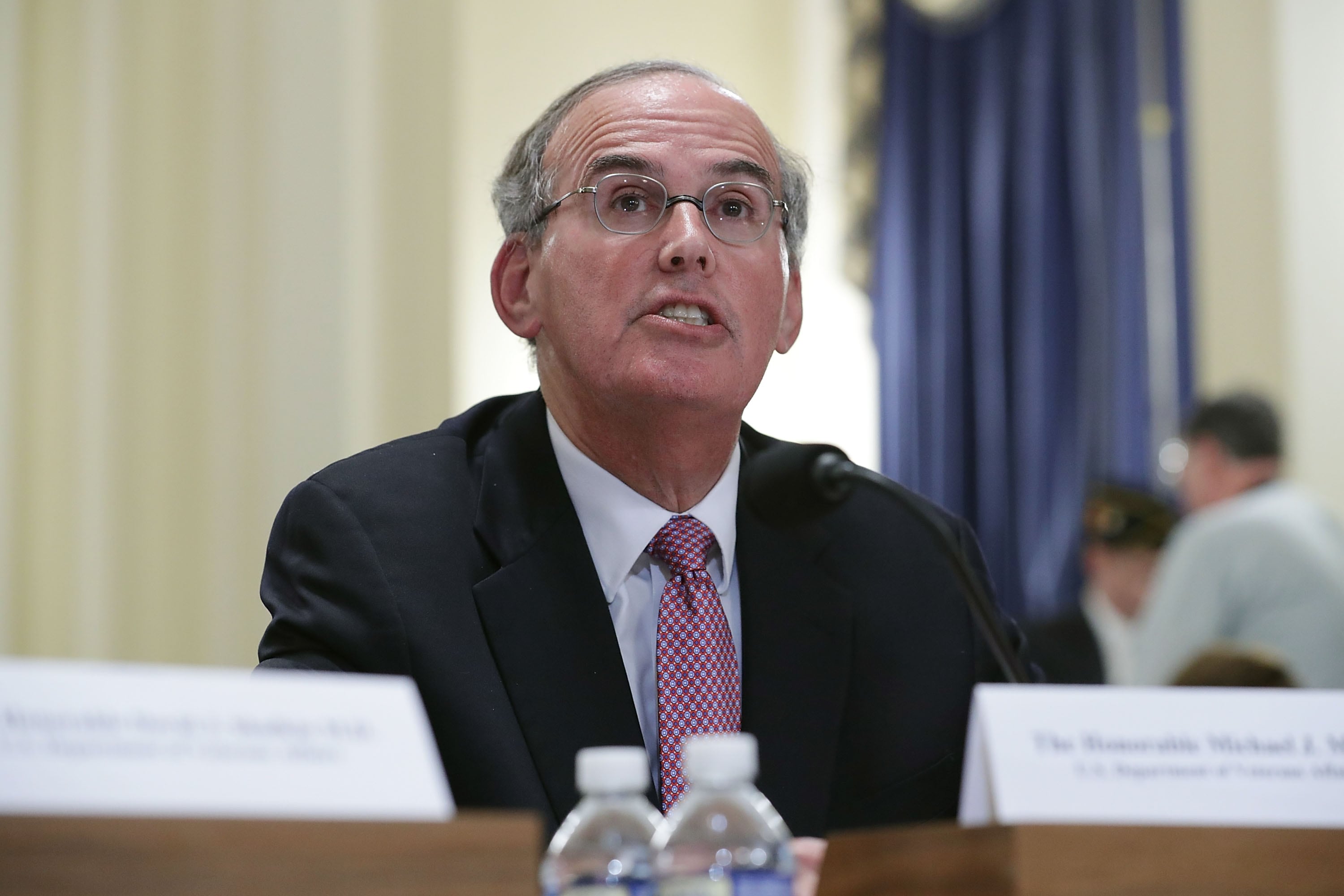As more reproductive-age women become eligible for VA healthcare, lawmakers on Wednesday debated issues including access to contraception, in vitro fertilization and abortion.
The House Committee on Veterans’ Affairs, Subcommittee on Health and Women Veterans Task Force focused on reproductive health services offered to veterans, including limitations on services that could disproportionately affect women, LGBT and poor veterans, according to presiding chairwoman Julia Brownley, D-Calif.
A fast-growing number of women veterans under the age of 45 are becoming eligible for VA benefits and health care, according to a 2019 study published in Seminars of Reproductive Medicine. The study reported that there are about 2 million women veterans in the U.S., about 840,000 of whom used VA services in 2015, according to the most recent available report from the VA. Another study in Women’s Health Issues found that the mental health impacts of military service can be linked to infertility.
Dr. Patricia Hayes, the chief officer of women’s health services at the Veterans Health Administration, said the VA has a reproductive mental health consultation team that helps to treat mental health conditions in pregnant veterans. The VA is still learning of links between mental health disorders such as PTSD in relation to pregnancy so it can properly help its patients, Hayes said.
IVF treatment is available to veterans who have infertility caused by service-related injuries through VA health care, but this does not include coverage for single veterans and same-sex veteran couples. IVF services through the VA must be reauthorized every two years, jeopardizing some injured veterans’ chances of conceiving if it is no longer authorized.
Hayes said the VA is open to removing the restrictions for who can have access to IVF, but current legislation does not allow it.
The VA also provides contraceptives, which require co-payments. But Congress needs to pass legislation to remove co-payments from contraception to make them more affordable to veterans, Hayes said.
“Since VA patients tend to carry a heavier health burden and be poorer, charging women veterans a co-pay is particularly galling,” Kayla Williams, a senior fellow and director of the military veterans and society program at the Center for a New American Security, said.
Rep. Lauren Underwood, D-Ill., encouraged the VA to expand its contraception options to allow veterans to purchase a one-year supply of oral contraceptives, which she said could improve women’s health and minimize costs for the VA.
The VA currently does not cover abortion or abortion counseling for women veterans in any case. Williams said it is “deeply disturbing” that women veterans do not have access to this care through the VA.
“However we feel about abortion, we should not deny it to women veterans just because they use VA,” Williams said, “thus taking away their ability to make important, personal decisions about their health and futures with dignity and respect.”
Rep. Phil Roe, R-Tenn., an obstetrician-gynecologist and ranking member of the House Committee on Veterans’ Affairs, said he would not support the VA including abortion with its other health-care benefits.
Brownley said that she would like to see more research from the VA regarding reproductive health for veterans and would like to further expand healthcare services to those who do not currently have access.
“We must eliminate all those barriers so that all veterans including women, people of color, LGBTQ veterans and those living in rural areas, tribal areas and U.S. territories have full reproductive freedom,” Brownley said.





